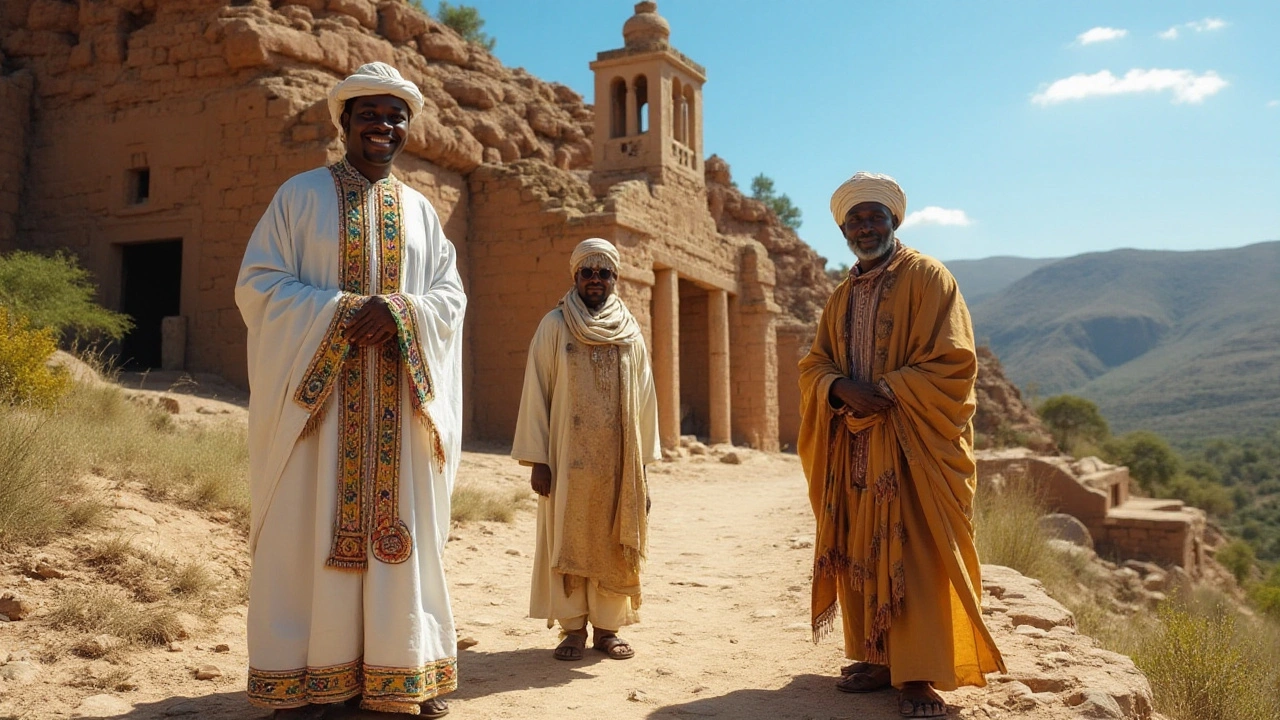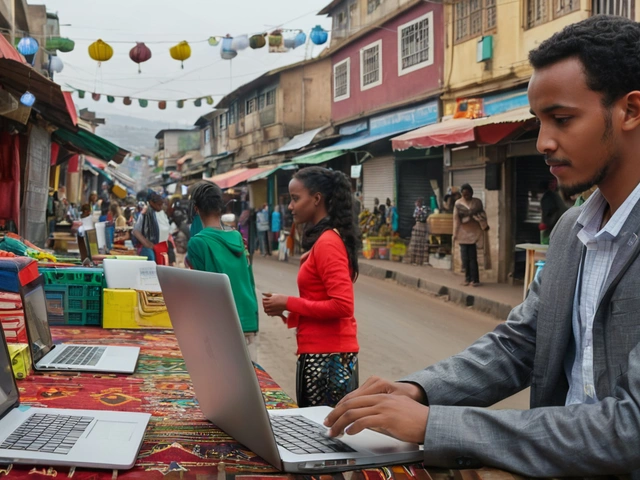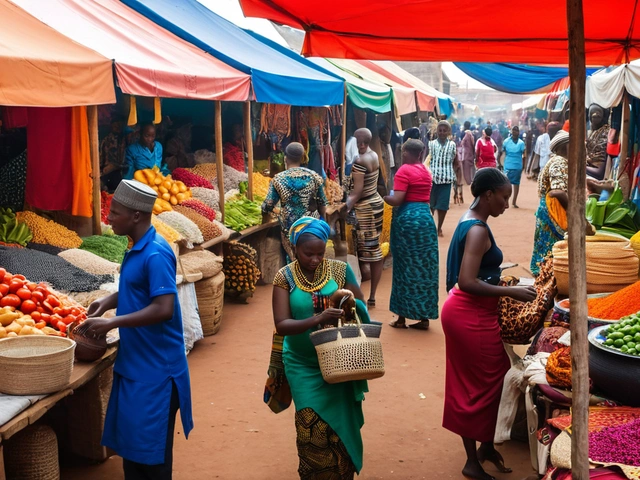Ethiopian Religious Diversity: Everyday Impacts on Work, Life, and Opportunity
Step into Ethiopia and you'll feel religion everywhere—from city skylines dotted with churches and mosques to the melody of prayers at sunrise. Ethiopia is one of Africa’s oldest Christian nations, but it’s also home to a big Muslim population, thriving Jewish communities, and traditional beliefs. This mix doesn’t just shape worship—it ripples into every part of daily life, job opportunities, and how folks interact at work.
Planning to work or do business in Ethiopia? Religious holidays matter just as much as national ones. Easter, Ramadan, Meskel, and Timkat often bring businesses to a halt. Many companies adjust hours or close entirely on these days. If you’re job hunting or managing a team here, knowing the major holidays can help you plan smarter and show respect to your coworkers.
Languages and customs tie closely to religious background. For example, greetings can change depending on whether someone is Christian or Muslim. Showing awareness of these little things—such as avoiding a handshake with someone who prefers not to for religious reasons—can help you build trust quickly. It’s not complex, but it makes a huge difference.
Food has its own set of rules. Orthodox Christians often fast on Wednesdays, Fridays, and during long pre-holiday stretches, skipping animal products entirely. Muslim colleagues may observe daily fasting during Ramadan. If you’re coordinating work lunches or doing deals, being aware of fasting times keeps you from awkward mistakes and helps you connect on a human level.
Religious diversity also affects career paths. In some regions, faith-based organizations are major employers, from schools to health clinics to social service agencies. These organizations may prefer hiring people who understand or share their values. If you’re interested in fields like humanitarian aid or community development in Ethiopia, brushing up on local religious norms is almost as useful as any degree.
But it’s not just tradition—it’s also opportunity. The country’s religious festivals attract thousands of visitors, offering side hustles in tourism, event planning, and catering. Local artisans produce religious art, garments, and decorations year-round. If you’re entrepreneurial, knowing the religious calendar isn’t just respectful—it's practical. It helps you spot gaps in the market, like extra transport services or temporary housing during big events.
At work, expect to see religious symbols on desks, people stepping out for prayers, and holiday greetings exchanged with genuine warmth. Being open, flexible, and willing to ask questions (and listen) goes a long way. Many companies appreciate employees who understand these unwritten rules, as it boosts teamwork and reduces friction.
So, whether you want to build a career, invest, or simply get along in Ethiopia, understanding religious diversity isn’t an optional extra. It’s at the core of how people work, celebrate, and connect. The better you get at navigating these realities, the smoother your journey will be.





